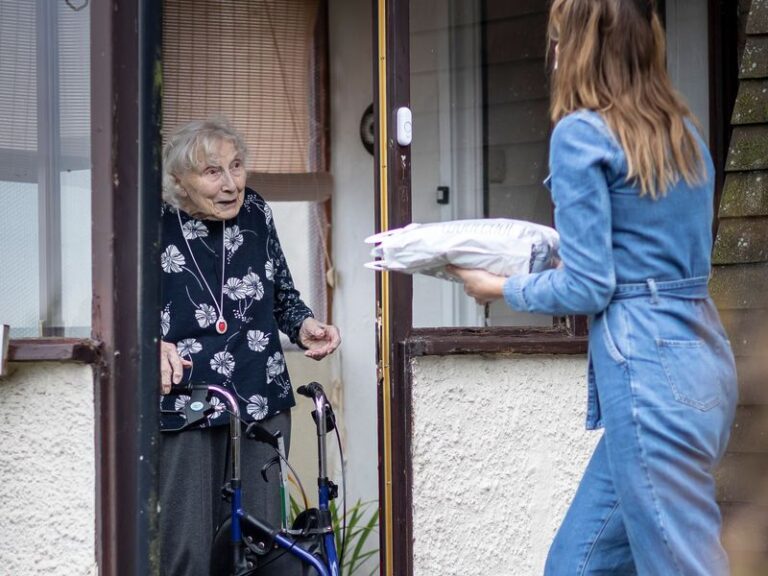Undergraduates help local charities by putting grant making studies into practice

Undergraduate students at the University of Kent have made grants to two local charities as part of their philanthropy studies.
Their chosen charities were Food Friends (pictured) in Whitstable and the Canterbury Foodbank, which received £1000 and £500 respectively.
For their ‘Learning by Giving – Philanthropy in Action’ module, the students met weekly with charity leaders from organisations focused on homelessness, disabilities, food poverty, refugees, dementia, and social isolation. Grant making organisations including Kent Community Foundation, and the social entrepreneur and humanitarian David Jamilly, gave the students advice about philanthropic decision making.
Advertisement
After debate and discussion around where the students felt their money could have the best impact and was most urgently needed following the Covid-19 pandemic, they then had to choose which local charities would be the recipients of their £1500 grant from the University’s own Teaching Enhancement Small Support Award.
According to the University of Kent, the elective module is one of the first of its kind to be run by a UK university. It was designed to provide students with an opportunity to gain experience in philanthropy while working directly with local community organisations to learn more about charities and philanthropy.
Social Policy BA student Lily Barker, one of the participants, said:
“My ideas on what it means to be a philanthropist have changed dramatically since taking the module. I think what surprised me, is that with philanthropy there is no right or wrong because all charities are tackling their own worthy missions. We had to be guided by our own emotions and discussions to figure out where we wanted the money to go. Having different perspectives helped in the final decision. We were able to look at all the charities from every angle and decide where the money would be put to best use. Obviously, this was hard, but the final charities are so deserving, and we are confident that the money will help improve lives.”
Barker also found that the experience has opened her mind to the potential for a career in the third sector.
Dr Alison Body, a lecturer in Philanthropic Studies and the module lead, said:
“This module not only allows students to directly experience grant giving, but critically explores the issues of social justice behind charitable giving and voluntary action. It aims to challenge students to consider how they can work in partnership with voluntary sector organisations to both help provide immediate relief to issues but also consider how longer-term systemic change can be achieved.
“Philanthropy affects nearly all areas of our lives, from health, education, arts, culture to global issues such as climate change, poverty and equality, therefore longer term we aim to open this module up across disciplines for more students to engage in.”
Dr Body plans to run the module again in the 2021/22 academic year.




